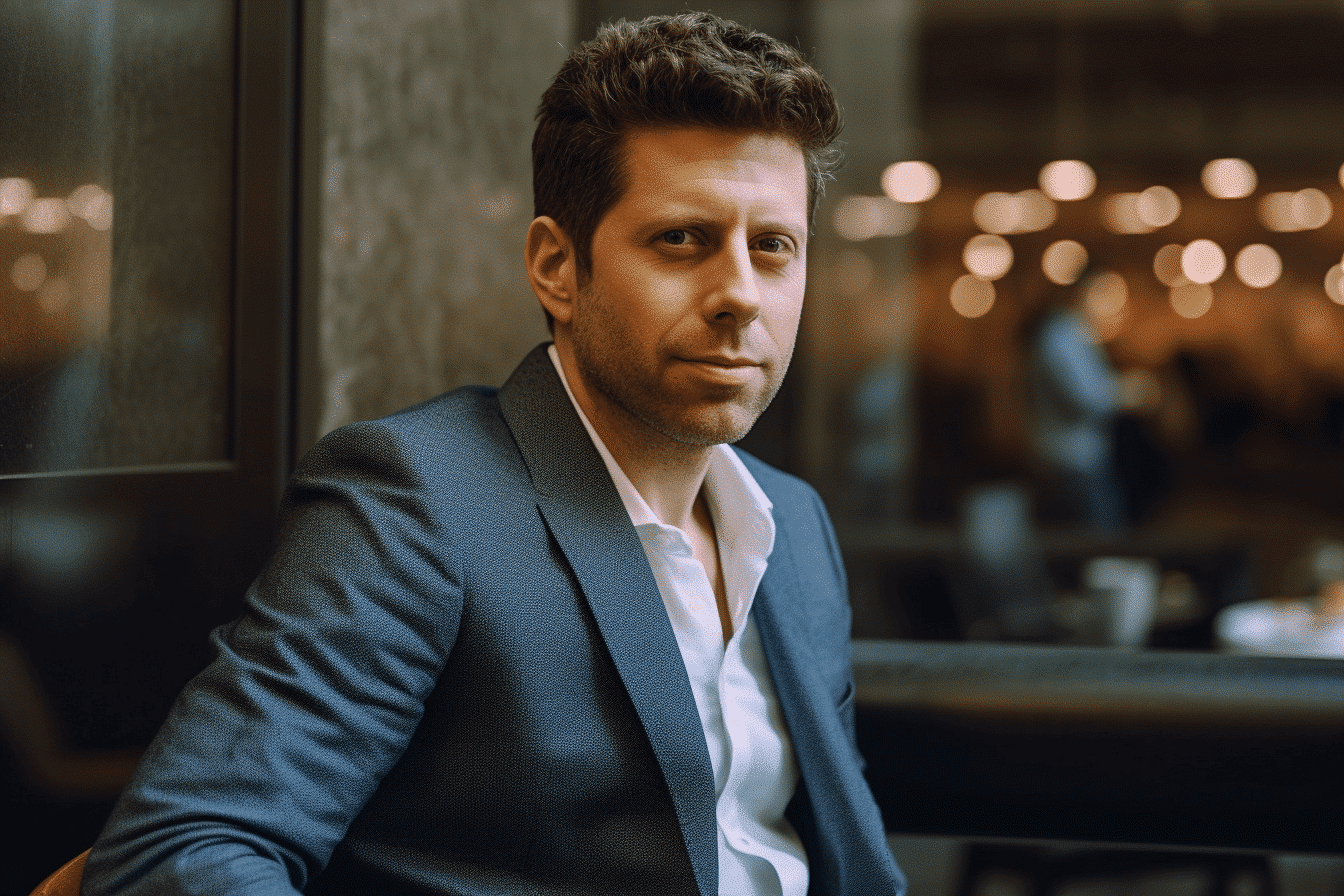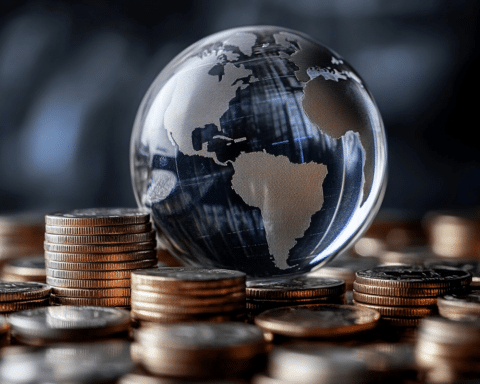Sam Altman, the CEO of OpenAI, stands at the forefront of the artificial intelligence (AI) revolution, having revolutionized industries with the launch of ChatGPT. This technology, which utilizes generative AI, can generate text and images in response to user prompts.
ChatGPT has found applications across various sectors including education, finance, agriculture, and healthcare. However, despite the apparent benefits, Altman is acutely aware of the dangers AI poses to humanity. This paradox defines the narrative surrounding AI: a powerful tool capable of driving progress, but also a potential threat that could lead to human civilization’s downfall.
The Urgency for Thoughtful Regulation
Altman’s message to lawmakers is clear: the world needs robust and thoughtful regulations that capitalize on AI’s promise while simultaneously mitigating its potential risks.
These regulations are critical in navigating the landscape of AI to ensure that humanity benefits without being overwhelmed by the technology. The call for regulation is not an admission of failure but a proactive approach to harnessing AI’s potential responsibly.
A Global Priority for Mitigation of AI Risks
AI’s risks are not confined to any single sector or region. Instead, they span the globe, with potential implications for jobs, education, and society at large. According to estimates from Goldman Sachs, up to 300 million full-time jobs could be automated by generative AI, leading to a massive shift in the labor market.
Additionally, AI’s capacity to manipulate voters and spread disinformation is a cause for concern. These threats necessitate a global response to ensure AI’s risks are adequately addressed and mitigated.
The Race for AI Development Amidst Concerns
Interestingly, while top tech executives express concern over AI’s potential to bring about human extinction, they are simultaneously investing heavily in AI and deploying it in products that reach billions of people.
This dynamic is evident in OpenAI’s reported discussions with iPhone designer Jony Ive to raise $1 billion from SoftBank for a new AI device aimed at replacing the smartphone. This race for AI development reflects the industry’s eagerness to explore AI’s possibilities, albeit with the looming risks that accompany it.
A Call for Responsible AI Development
In conclusion, AI stands at a pivotal moment, akin to the introduction of the printing press or the atomic bomb. It can either empower humanity and lead to greater flourishing or bring about consequences that continue to haunt us. The world is counting on Altman to navigate this complex landscape responsibly. He must balance the drive for innovation with a commitment to ethical considerations and the safety of humanity. Altman’s actions will ultimately define the legacy of AI, determining whether it becomes a tool for progress or a weapon of mass destruction.




